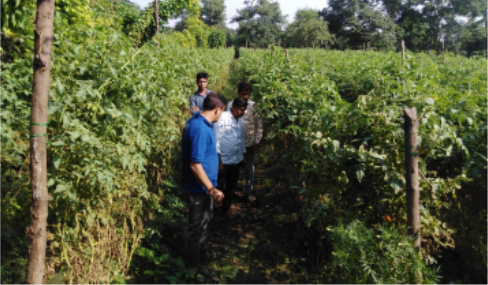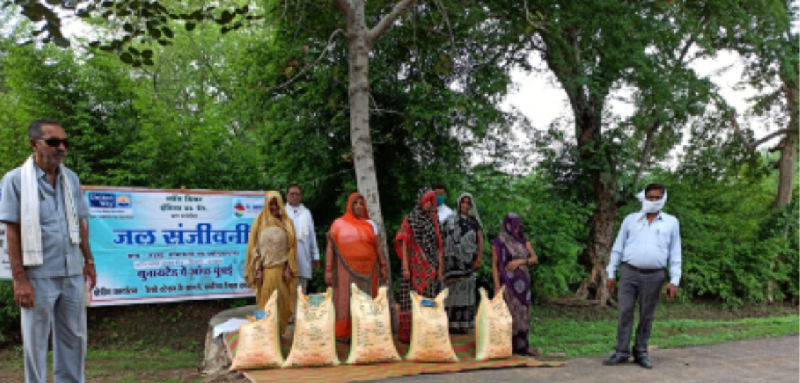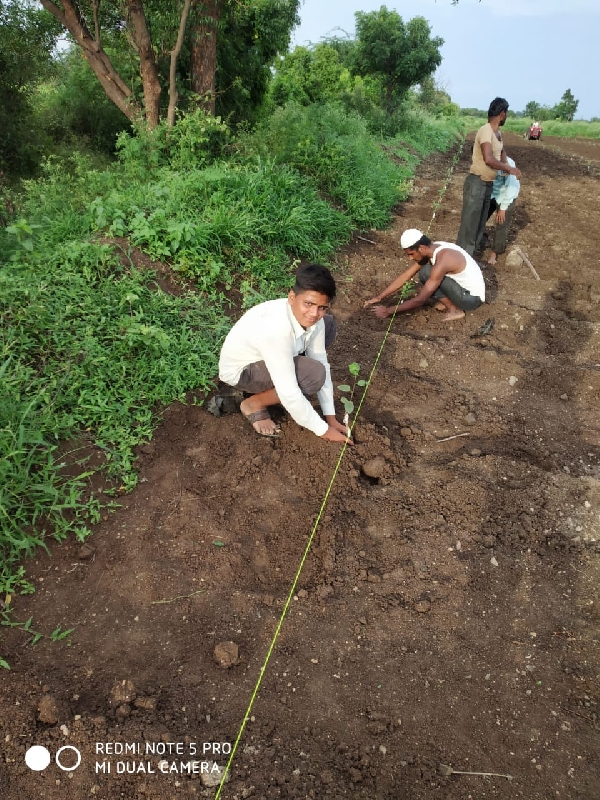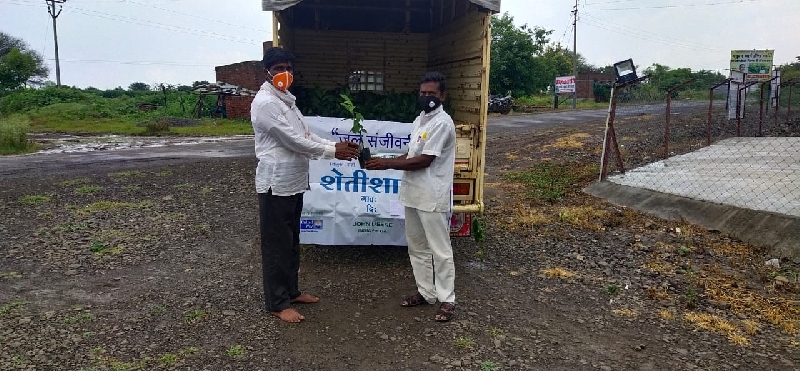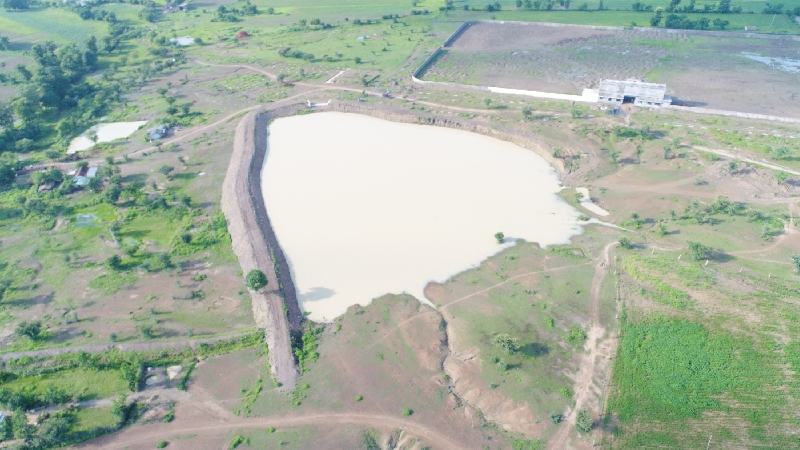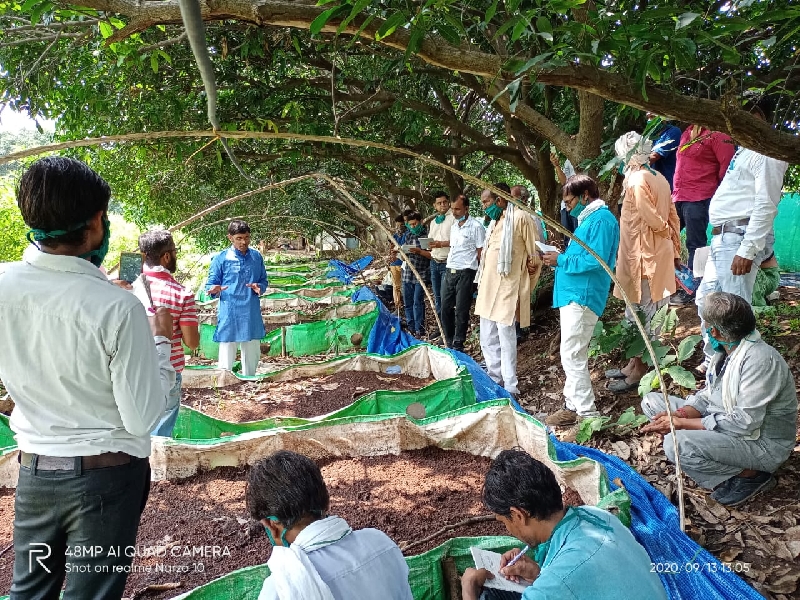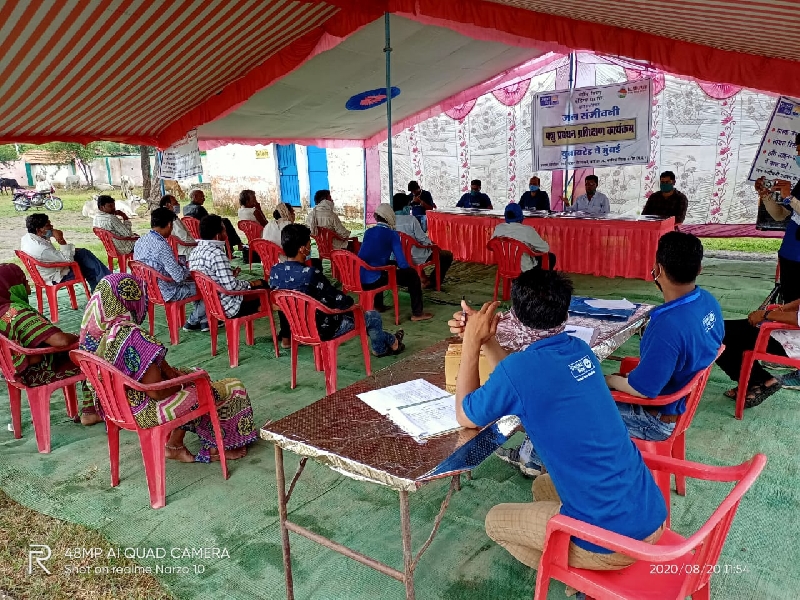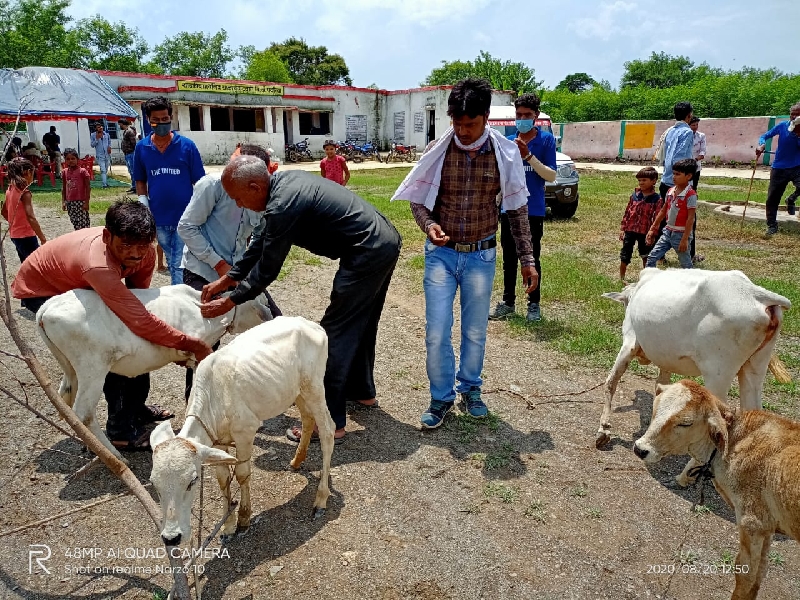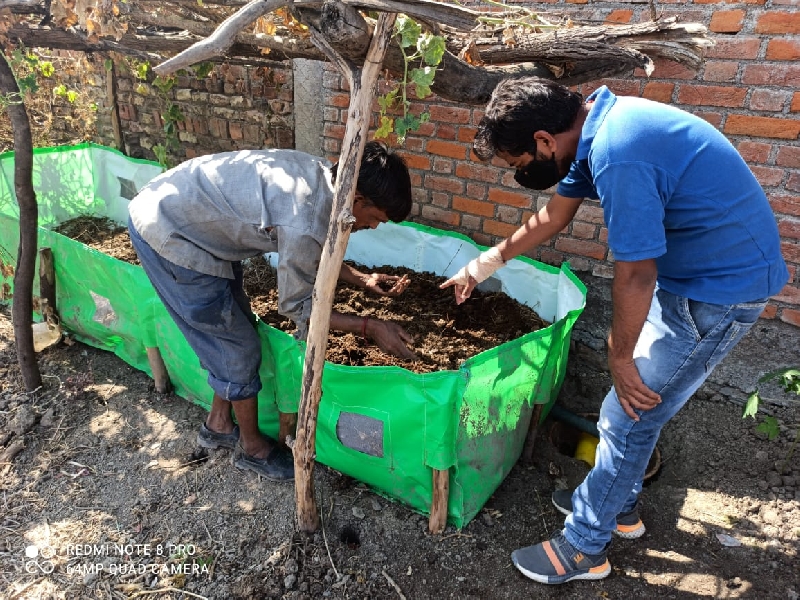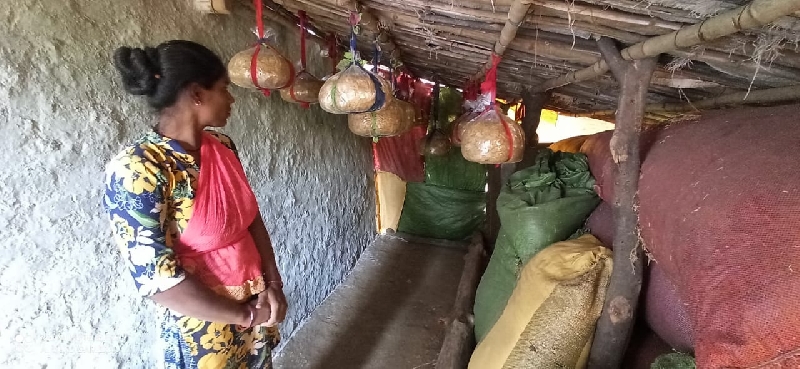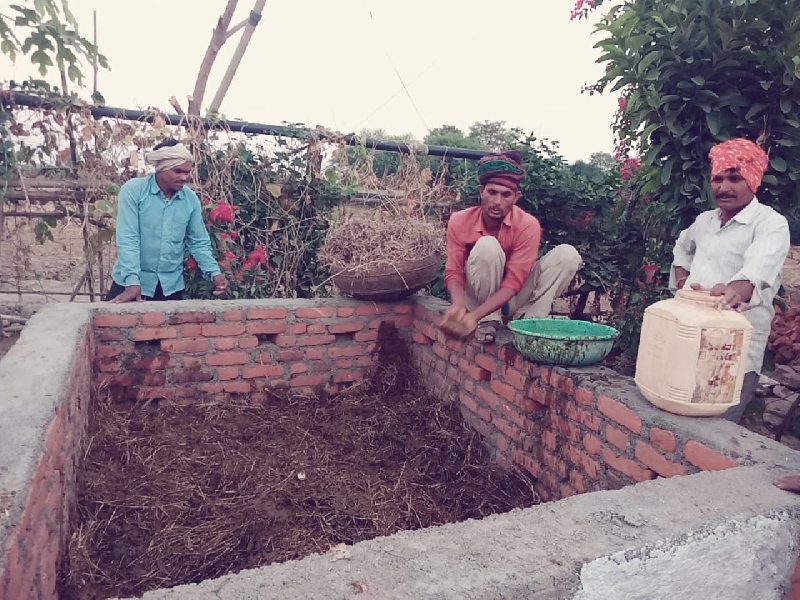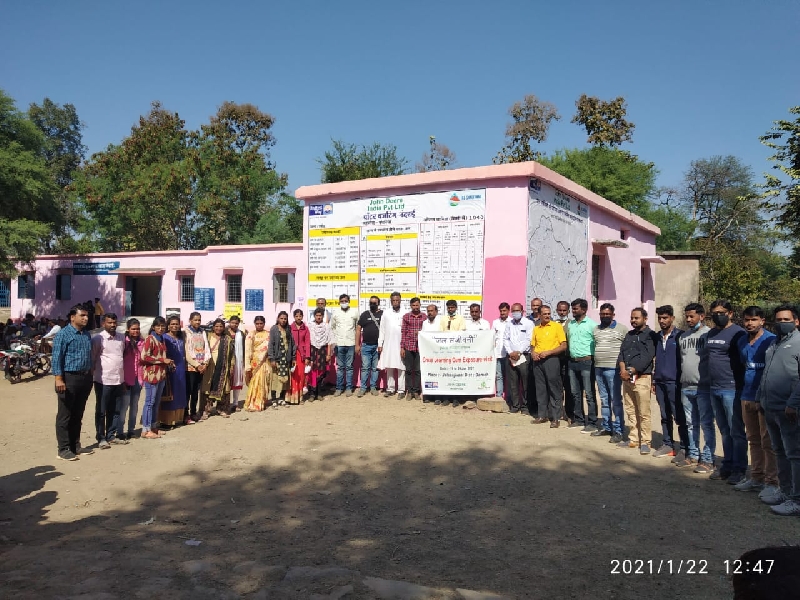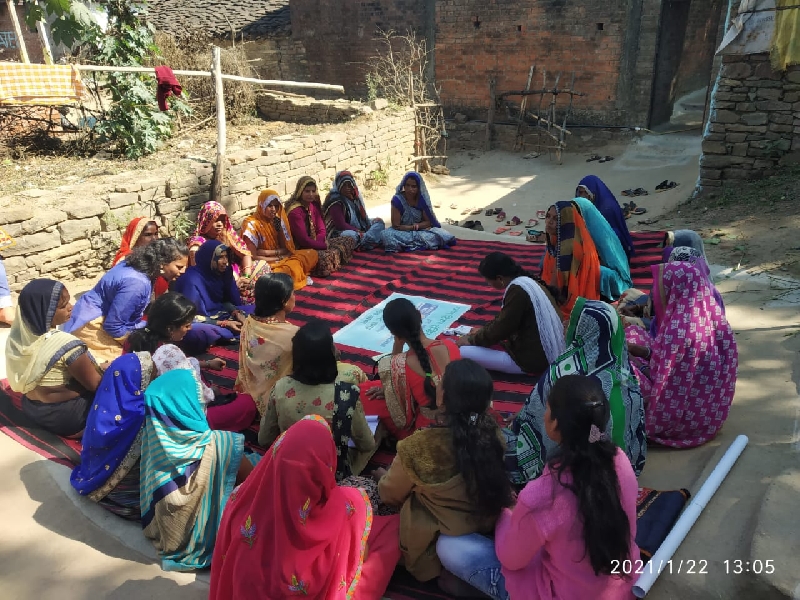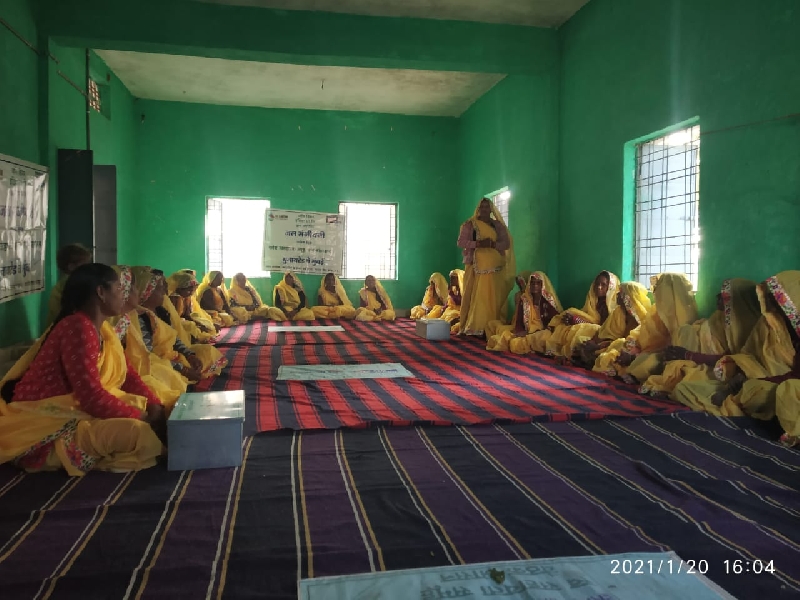THE NEED
India has experienced recurrent and severe drought almost every year since 2015 with about 42% of our land area being affected by it. 600 million people in India are presently facing high to extreme water stress. According to a report by NITI Aayog, by 2030, the country’s water demand is projected to be twice the available supply, implying severe water scarcity for hundreds of millions of people. Continuous exploitation of ground-water and natural resources, mismanagement of available water and uncertainty of rainfall adversely effect more than half of the country’s agrarian community. This has the potential to create unsurmountable debt for farmers and has, in the past, led to farmer suicides. It can also be a cause for food scarcity, job losses, disease and exploitation.
SOLUTION
Jal Sanjivani aims to provide sustainable solutions for drought-affected agrarian communities. The interventions result in protection and an increase in surface and groundwater, agricultural efficiency, creation of alternate livelihoods and sustainable agri practices.
improve the availability of water. This includes the creation of check dams, water gabions, loose boulder check dams and other structures. This creates opportunities for multi-cropping.
seed, process of seedbed preparation, irrigation methods, control of insects and pests,
harvesting methods and proper storage of grain.
farming systems, benefits of using organic matter, vermicomposting, animal health checkups, etc.
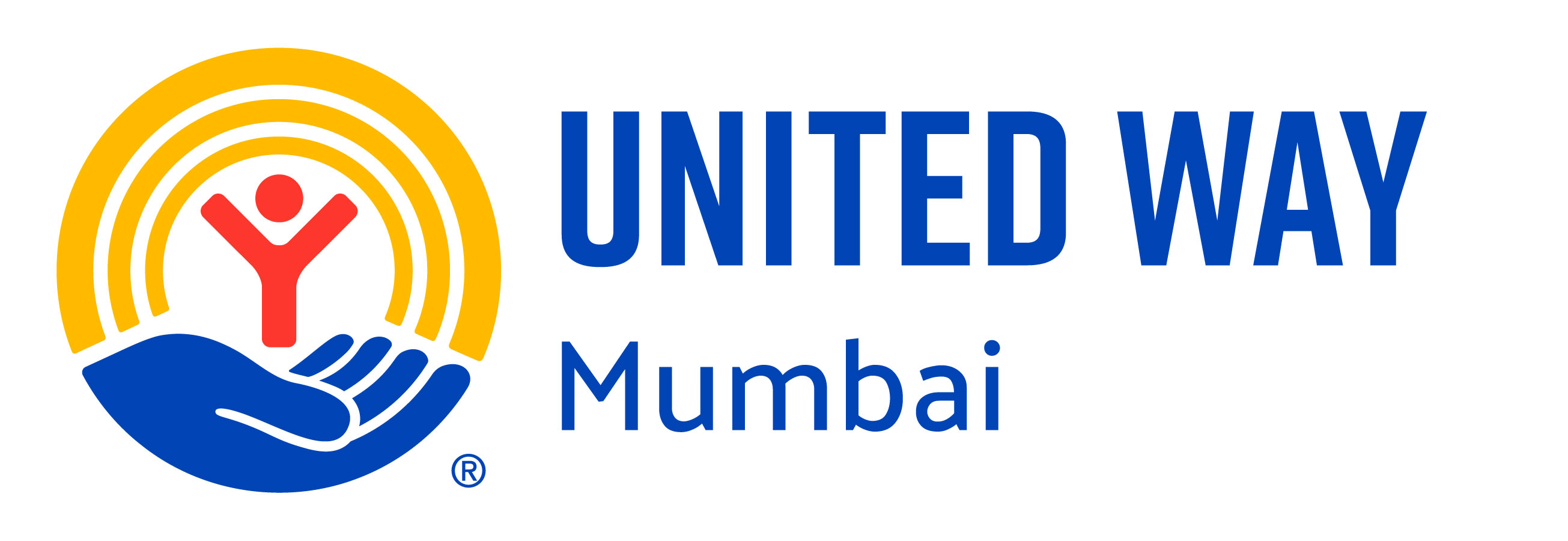
.png)
